Peter Jackson’s The Lord of the Rings trilogy is one of the most monumental big screen adaptations of all time, which is only fitting given the sweeping scale of J.R.R. Tolkien’s original novels. Unsurprisingly, the production of these three films is an epic tale in its own right, so here’s a round-up of the wildest behind-the-scenes trivia to come out of Lord of the Rings.
Miramax Wanted to Make the Entire Trilogy as One Movie
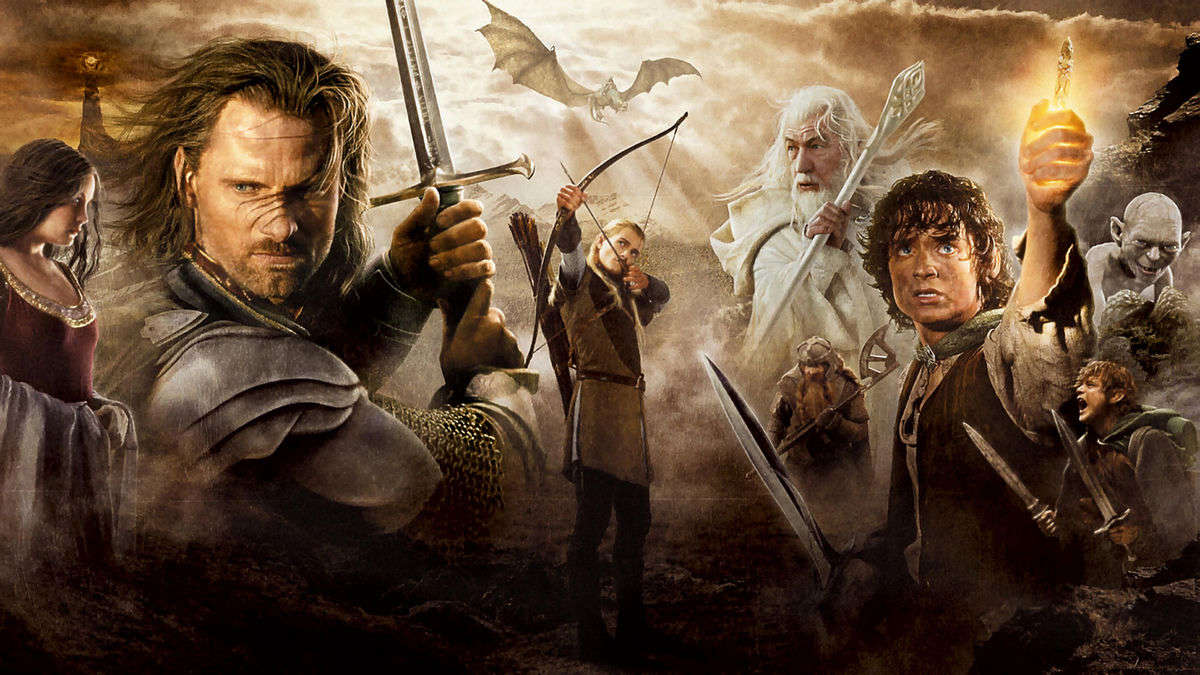
While The Lord of the Rings was ultimately co-produced and distributed by New Line Cinema, the trilogy originally started out at Miramax. What’s more, Miramax greenlit the project as a two-film adaptation, which director Jackson and his screenwriting partners Fran Walsh and Philippa Boyens believed was enough screentime to do Tolkien’s three-volume tale justice (albeit with some significant alterations).
Miramax co-founder Harvey Weinstein later changed his mind about Jackson, Walsh, and Boyens’ streamlined take on Lord of the Rings, though, and demanded they condense their two screenplays into a single film. This led the trio to shop The Lord of the Rings around on the sly, resulting in a meeting with New Line studio boss Bob Shaye, who agreed to take on the production – on the condition that Jackson and co. expand it out to a trilogy.
Aragorn Was Recast After Filming Started
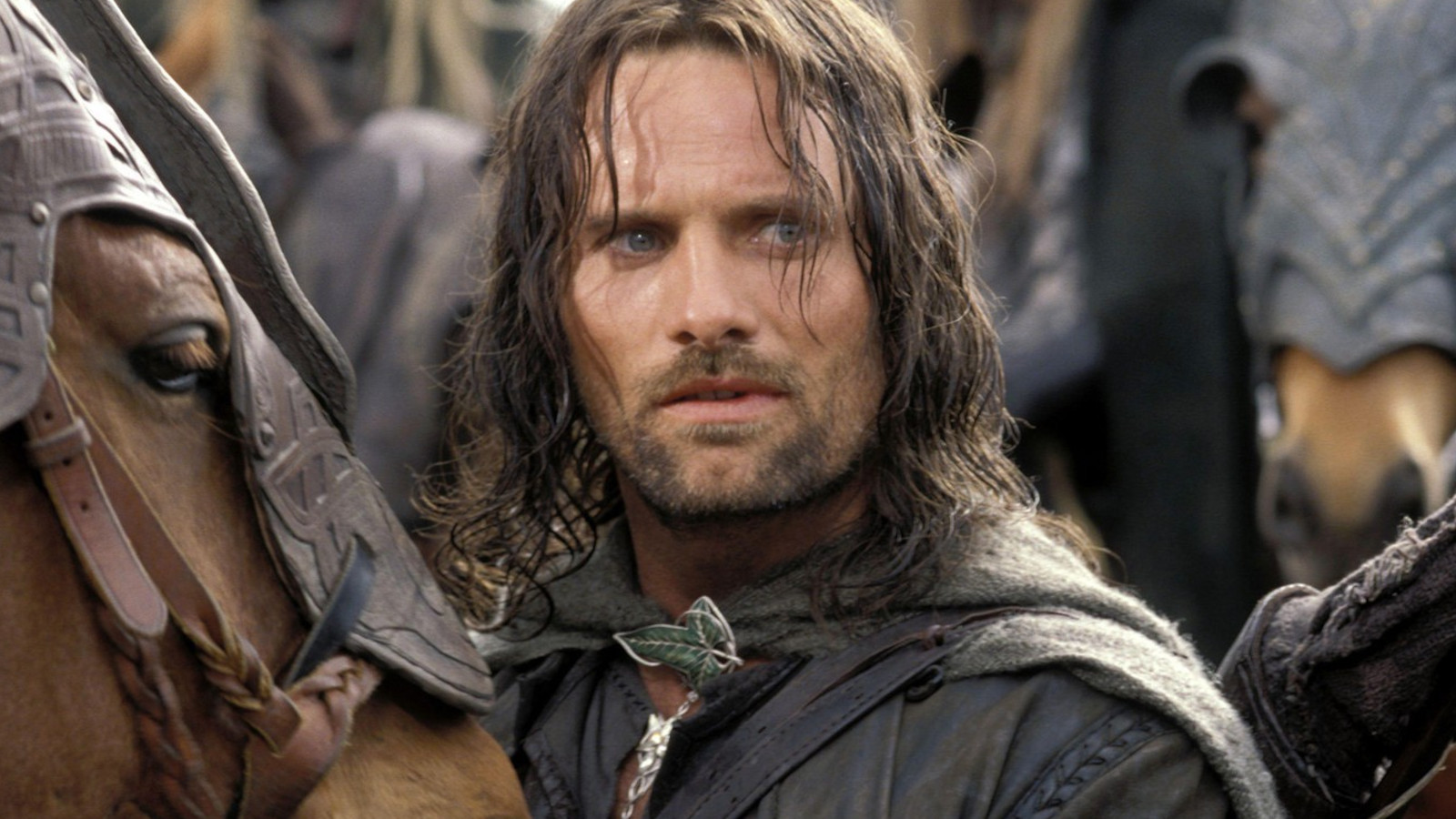
Many Lord of the Rings fans regard Viggo Mortensen’s turn as king-in-waiting Aragorn as one of the trilogy’s finest performances – so it may come as a surprise to learn he was a last-minute choice. Irish actor Stuart Townsend was Jackson’s original pick to portray Aragorn and even participated in the first week of principal photography in New Zealand.
However, Townsend was abruptly let go after Jackson and the rest of the creative team decided the star was too young to convincingly portray Aragorn and would need to be recast. Enter Mortensen, who signed on for the production in part to impress his son, a massive Lord of the Rings fan. Days later, the Danish-American actor was filming his first scene in the trilogy: Aragorn’s fight with the Ringwraiths on Weathertop in The Fellowship of the Ring.
Related: How Many Lord of the Rings Movies Are There?
No CGI or Doubles Were Used in Scenes of the Hobbits and Gimli
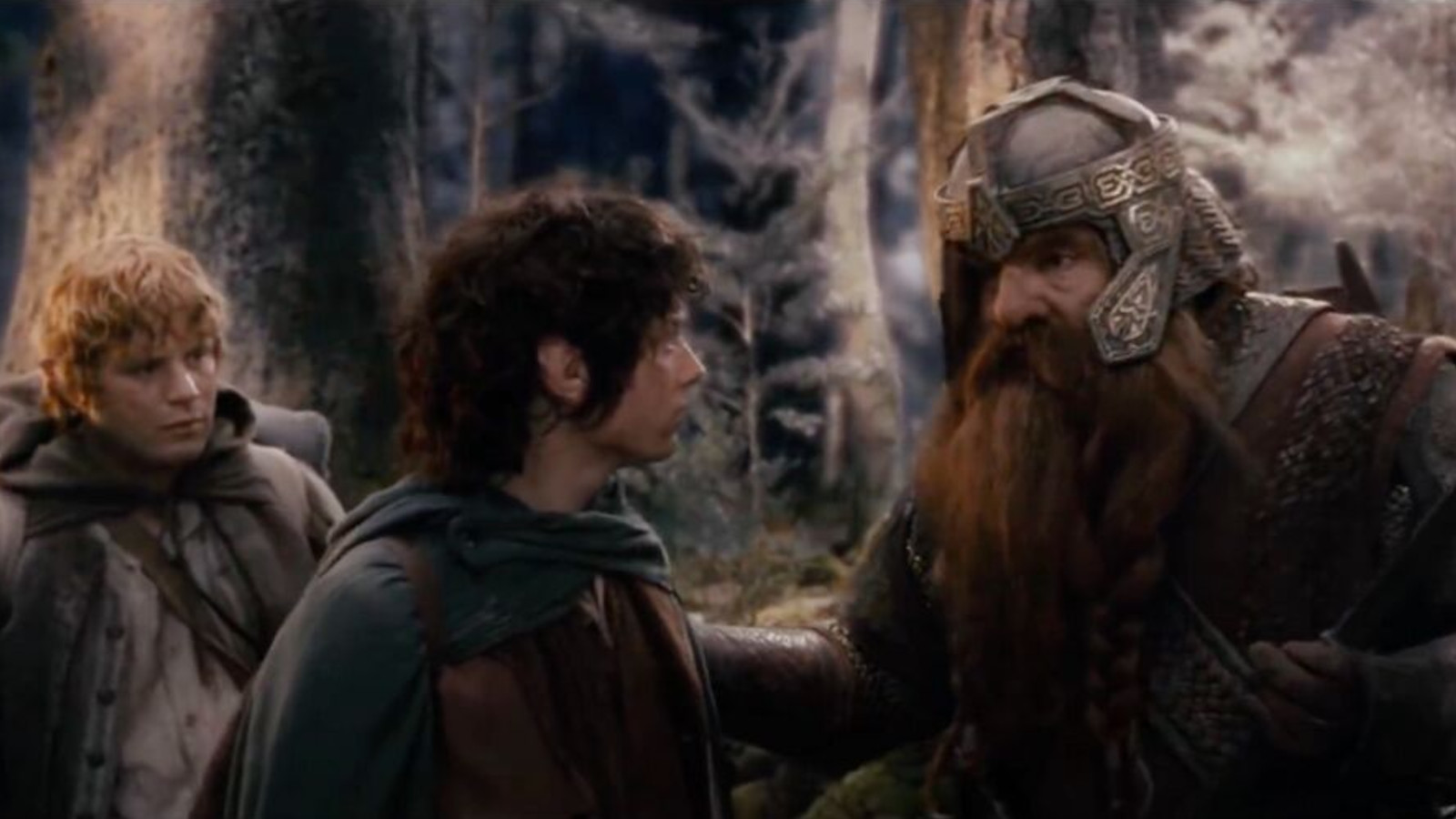
The Lord of the Rings trilogy relied on every filmmaking technique imaginable to ensure that the Free Peoples of Middle-earth all appear appropriately sized in relation to each other. In some scenes, this meant shrinking performers down via CGI and then compositing them alongside their co-stars, other times it involved the use of scale doubles, forced perspective sets, or clever in-camera practical effects.
But none of this trickery was necessary to achieve any of The Lord of the Rings‘ shots in which only John Rhys-Davies’ Gimli and the Hobbits played by Elijah Wood, Dominic Monaghan, and Billy Boyd appear together. Rhys-Davies was actually the tallest Fellowship of the Ring member in real life at 6’1″, and the height difference between him and Wood, Monaghan, and Boyd (all of whom stand around 5’7″) matched up to the disparity in stature between Dwarves and Hobbits outlined in The Lord of the Rings canon.
The Riders of Rohan are (Mostly) Women Wearing Fake Beards
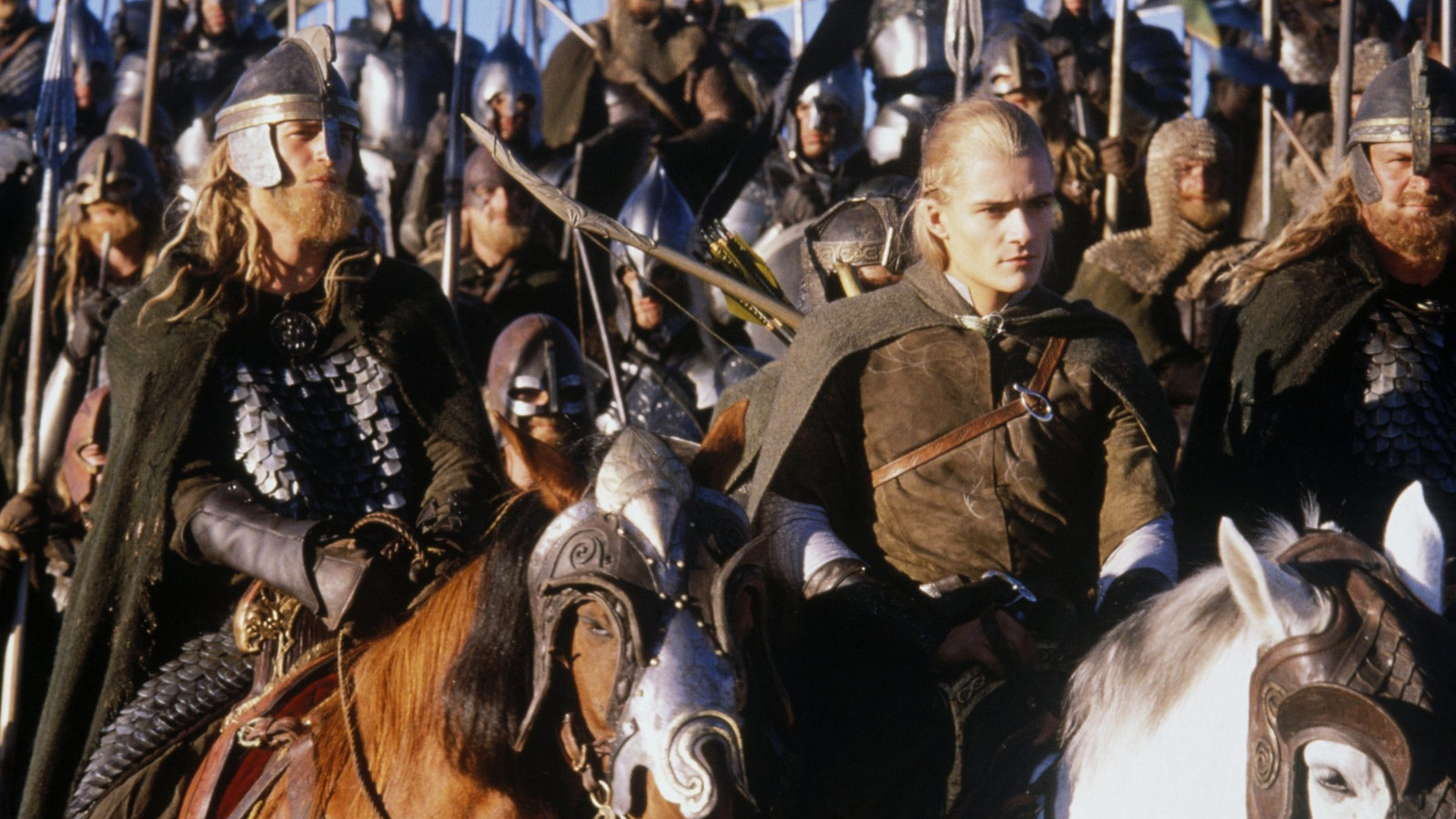
The Riders of Rohan feature prominently in The Lord of the Rings trilogy’s latter two installments, The Two Towers and The Return of the King. Both films make a big deal about the manly martial prowess of these “horse-lords” – which is ironic, since many of the extras who portrayed them were actually “horse-ladies”!
As revealed in the Return of the King Extended Edition’s special features, the casting call for that film’s iconic Ride of the Rohirrim cavalry charge scene wasn’t limited solely to male applicants. So, when a large number of women showed up, the production’s make-up team simply fitted them with fake beards.
Related: Who Is Glorfindel in Lord of the Rings (LotR), Explained
Viggo Mortenson and Orlando Bloom Filmed Scenes While Hurt
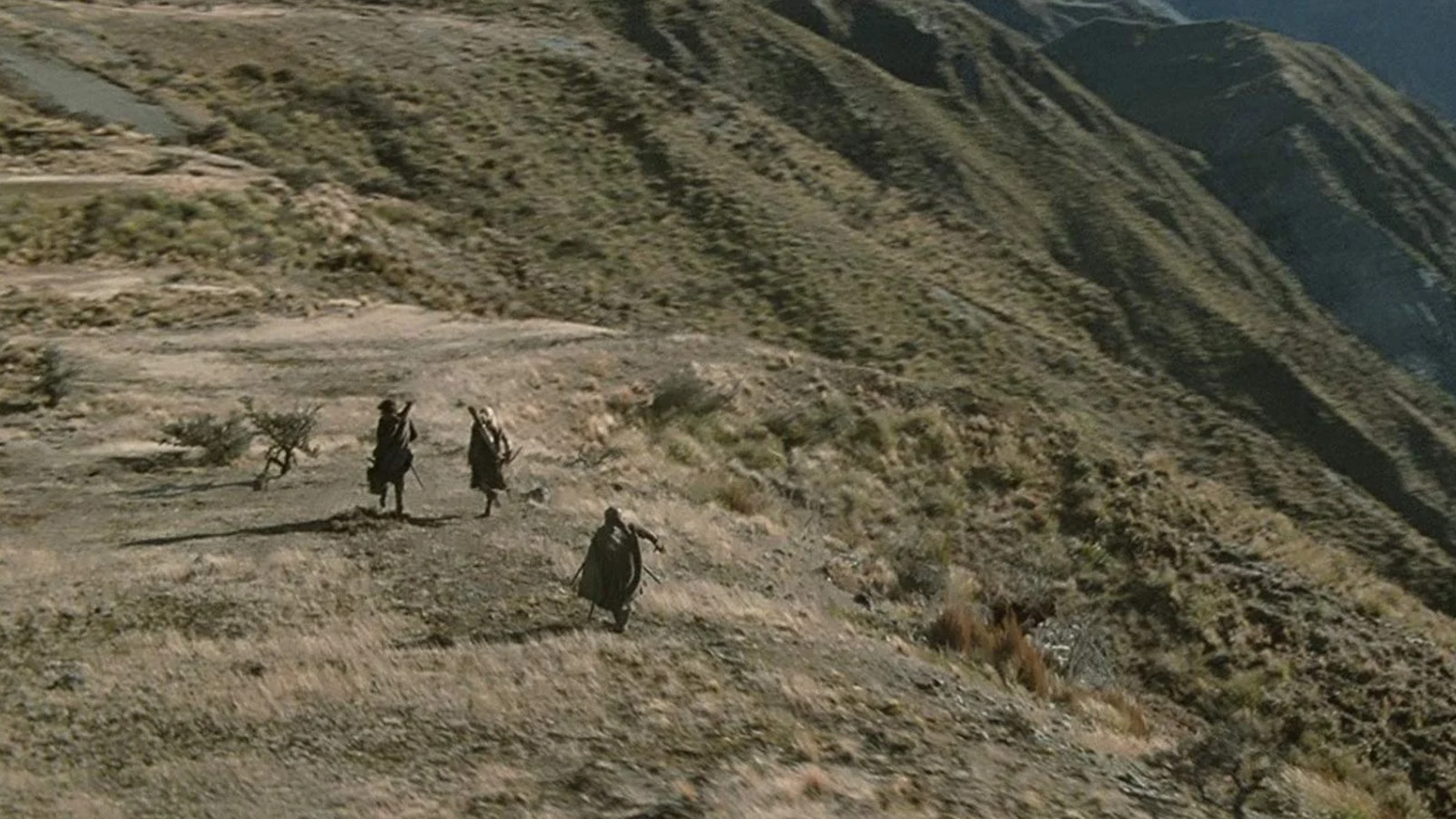
Injuries are always a risk when filming an action-heavy blockbuster – a fact that several Lord of the Rings cast members know only too well. This includes Viggo Mortensen and Orlando Bloom, who sustained a broken toe and broken ribs, respectively, over the course of principal photography. Fortunately for fans, the pair powered through the pain to get the trilogy finished.
Mortensen and Bloom even went ahead with The Two Towers chase sequence while still recovering, alongside John Rhys-Davies’ scale double Brett Beattie (himself hobbled by serious, pre-existing knee issues). Mortensen – who busted his toe kicking a prop helmet later on in The Two Towers‘ runtime – also suffered other mishaps during the shoot, including breaking a tooth on the Helm’s Deep set.
Arwen Originally Fought at The Battle of Helm’s Deep
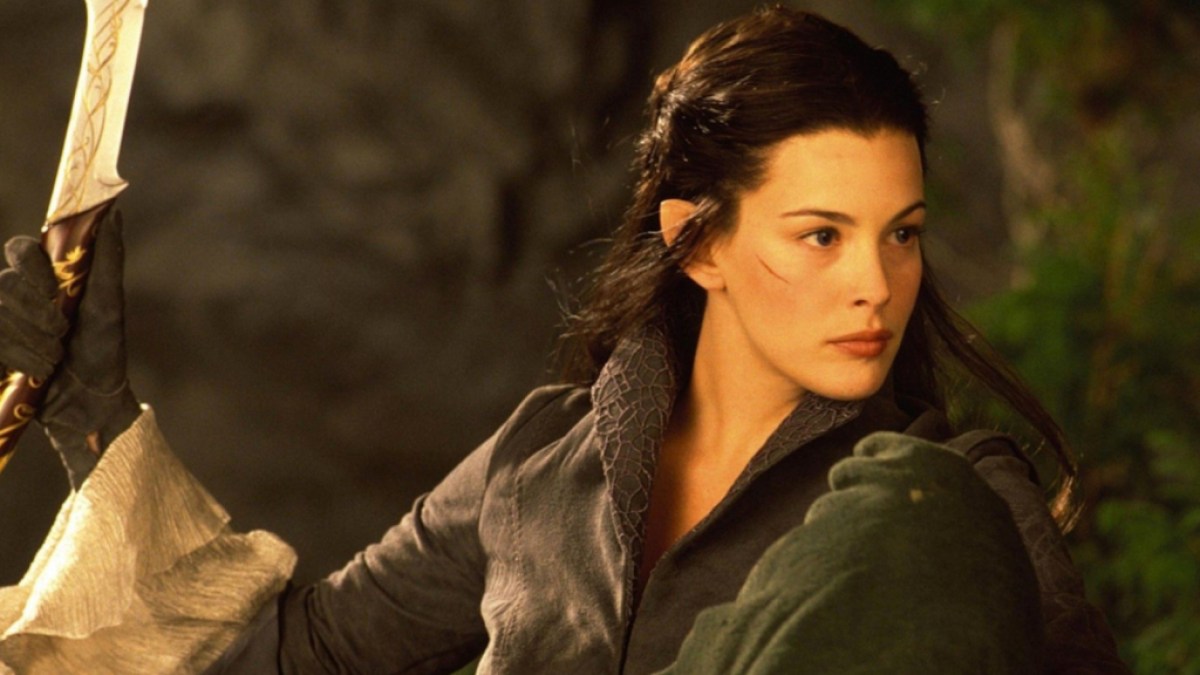
One of the most memorable moments in The Two Towers sees a company of Elves arrive to support the hopelessly outnumbered Rohirrim prior to the Battle of Helm’s Deep. In both the theatrical and Extended Edition versions of the film, this crack squad of pointy-eared warriors is headed up by a minor character from The Fellowship of the Ring, Haldir (Craig Parker) – but originally, Arwen (Liv Tyler) filled this role.
Jackson, Walsh, Boyens, and Tyler addressed the decision to remove the Arwen material from the Battle of Helm’s Deep in the Two Towers Extended Edition’s bonus features, chalking it up to two main factors. The first was the backlash from Tolkien fans after this change to the source material leaked online, and the second was their own realization that turning Arwen into an action hero didn’t suit her character. And so these scenes were cut or reshot to omit Arwen, although Tyler is still (very) briefly visible in one shot.
Related: What We Know About Lord of the Rings: Return to Moria’s Fourth Age
Christopher Lee’s WWII Experiences Informed Saruman’s Death
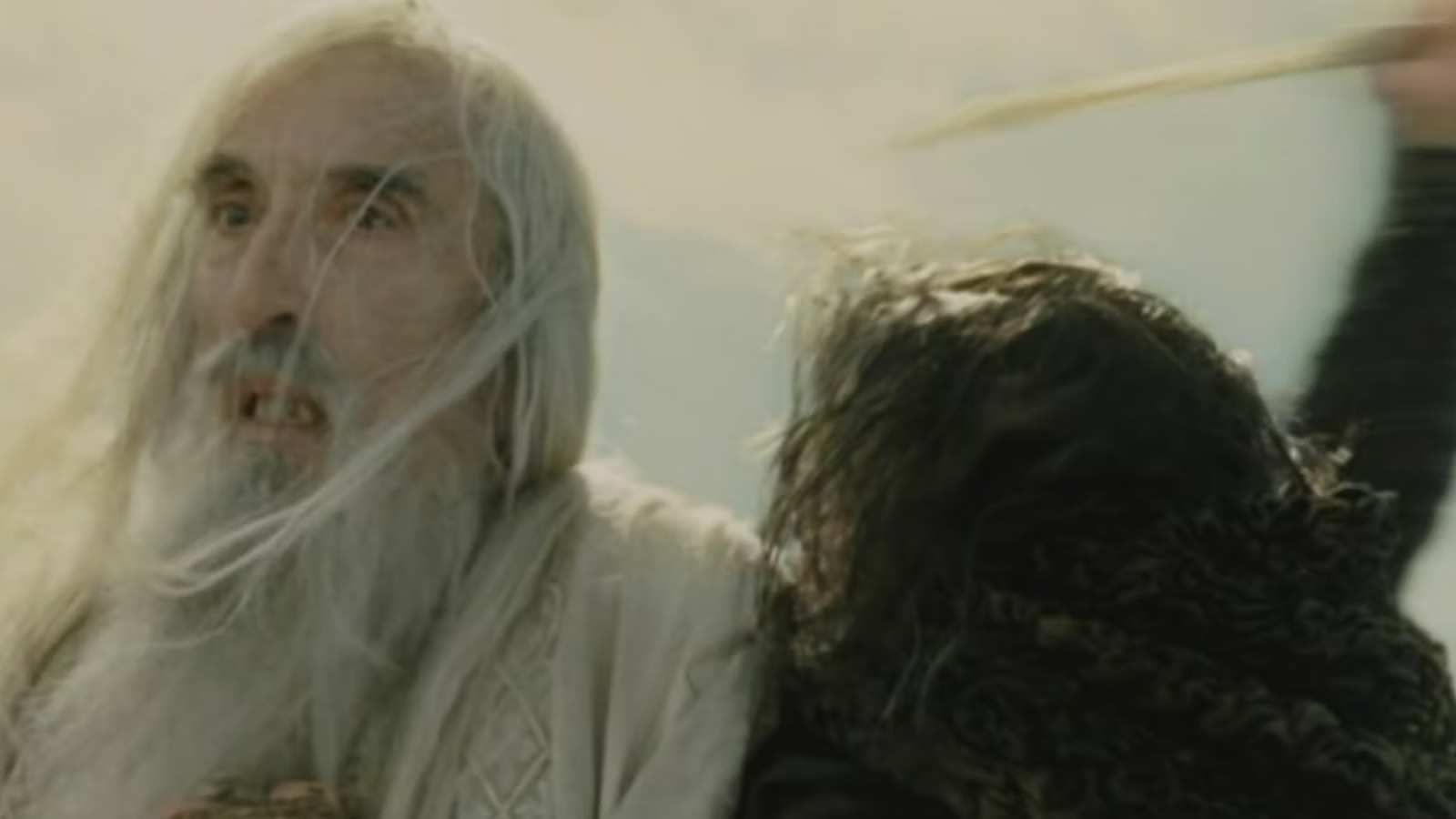
When it comes time to film violent death scenes, most actors have to draw upon their imaginations, however, Sir Christopher Lee wasn’t most actors. The late English thespian was an intelligence officer during World War II, and this cloak-and-dagger experience came in handy when he portrayed Saruman being fatally stabbed by Gríma Wormtongue (Brad Dourif) in The Return of the King.
Lee gave Jackson a crash course in exactly the kind of sound someone makes when a knife is plunged into their back on the film’s set after Jackson directed him to cry out in faux pain. According to Lee, those unfortunate enough to find themselves in this predicament typically emit a shocked gasp – a noise the screen legend faithfully recreated for Saruman’s demise, seen in Return of the King‘s Extended Edition.
Return of the King Wrapped Filming After It Won Best Picture
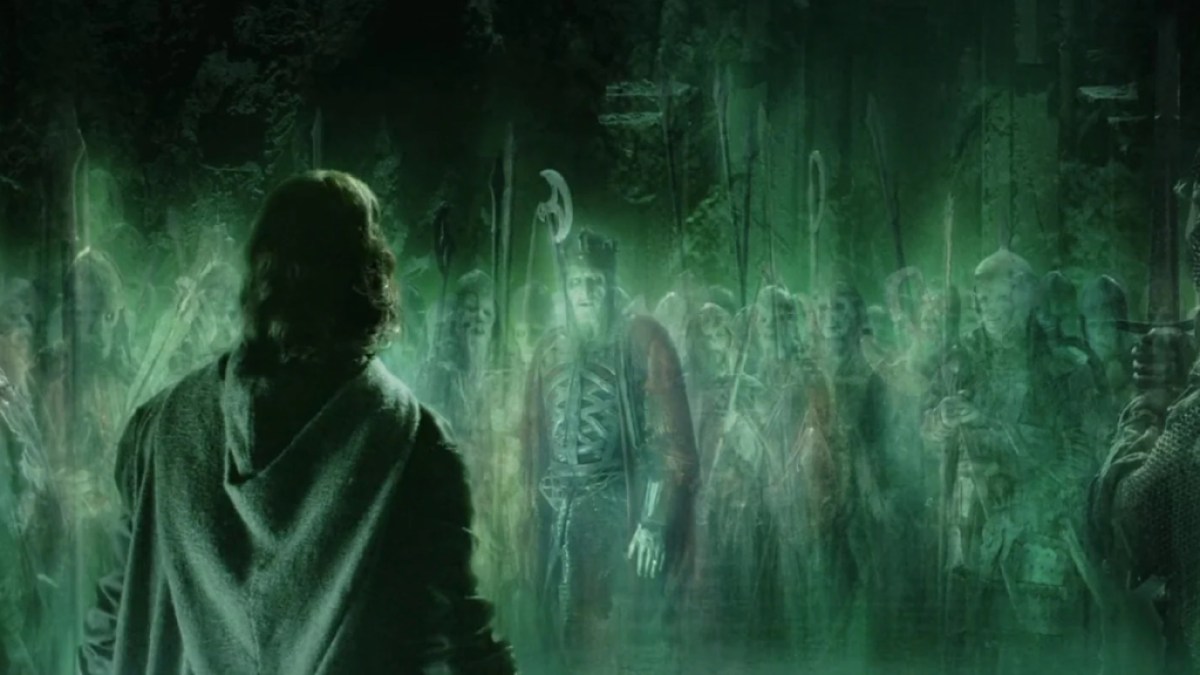
When Return of the King won Best Picture at the 76th Academy Awards, it broke new ground for the fantasy genre by proving a fantasy film could win Hollywood’s top gong. But the third Lord of the Rings movie nabbing the Best Picture Oscar is also noteworthy for another major reason: filming on the production technically didn’t wrap until after the awards ceremony was held!
Jackson confirms he captured additional shots of skulls clattering around in the Paths of the Dead for the Return of the King Extended Edition in early March 2004 in a behind-the-scenes featurette. This means shooting on the movie ended days after its late February 2004 Oscar win – something few (if any) other Best Picture recipients can lay claim to.

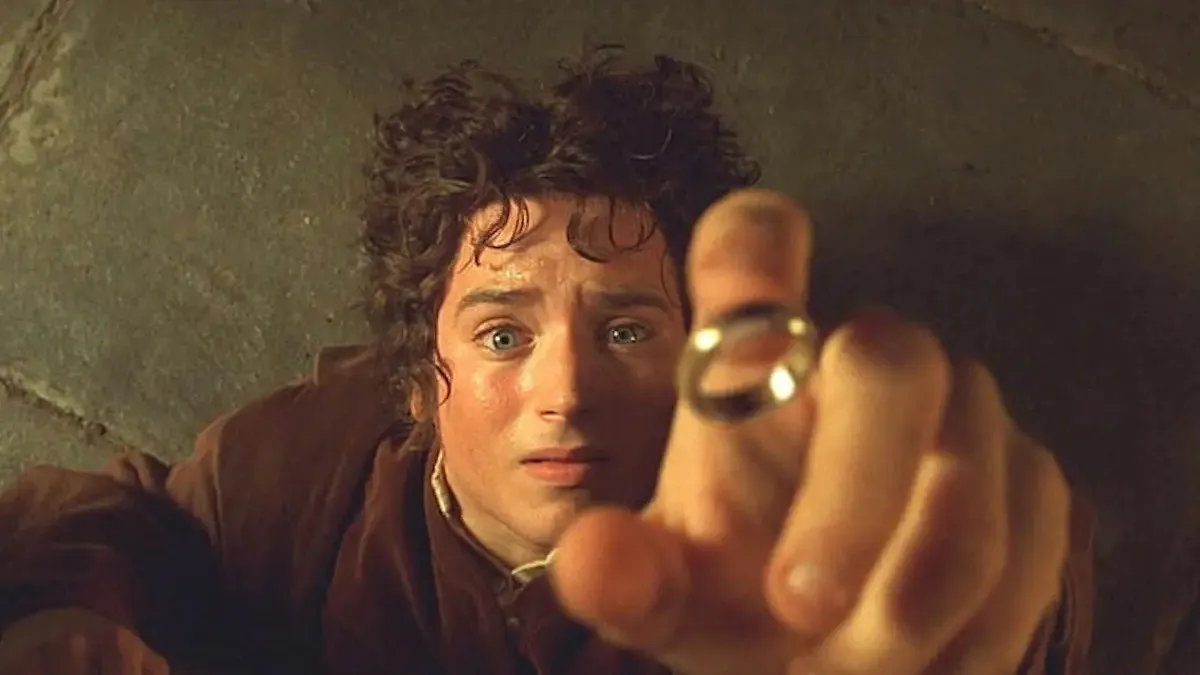



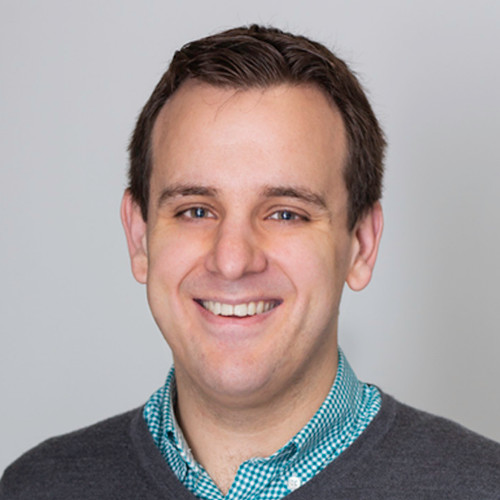
Published: Oct 31, 2023 12:05 pm